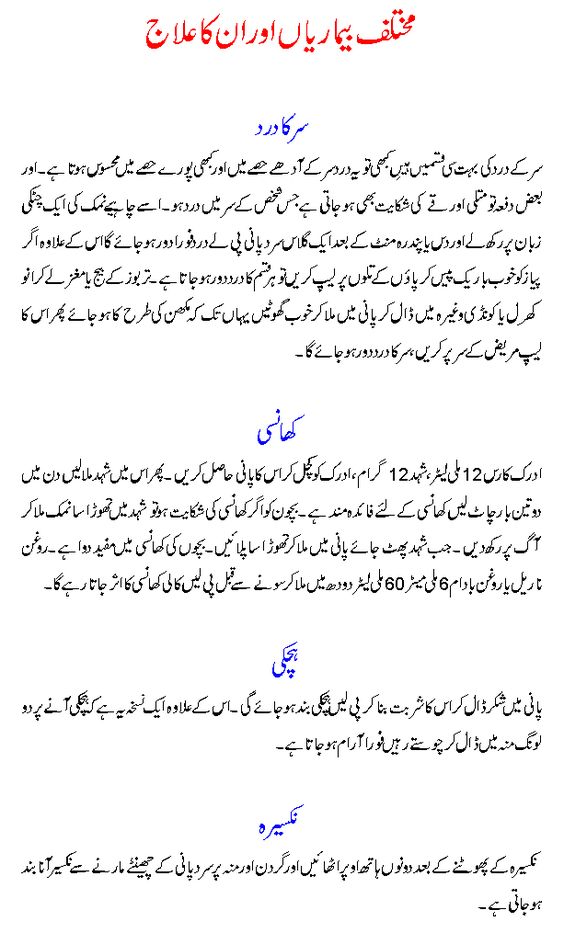Infectious diseases are illnesses caused by harmful agents (pathogens) that get into your body. The most common causes are viruses, bacteria, fungi and parasites. Infectious diseases usually spread from person to person, through contaminated food or water and through bug bites. Some infectious diseases are minor and some are very serious.
What are infectious diseases?
Infectious diseases are illnesses caused by harmful organisms (pathogens) that get into your body from the outside. Pathogens that cause infectious diseases are viruses, bacteria, fungi, parasites and, rarely, prions. You can get infectious diseases from other people, bug bites and contaminated food, water or soil.
What’s the difference between infectious diseases and noninfectious diseases?
Infectious diseases are caused by harmful organisms that get into your body from the outside, like viruses and bacteria. Noninfectious diseases aren’t caused by outside organisms, but by genetics, anatomical differences, getting older and the environment you live in. You can’t get noninfectious diseases from other people, by getting a bug bite or from your food.
The flu, measles, HIV, strep throat, COVID-19 and salmonella are all examples of infectious diseases. Cancer, diabetes, congestive heart failure and Alzheimer’s disease are all examples of noninfectious diseases.
